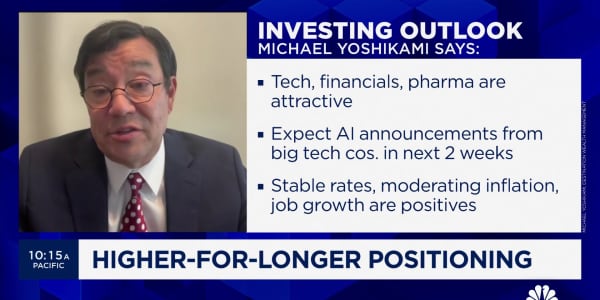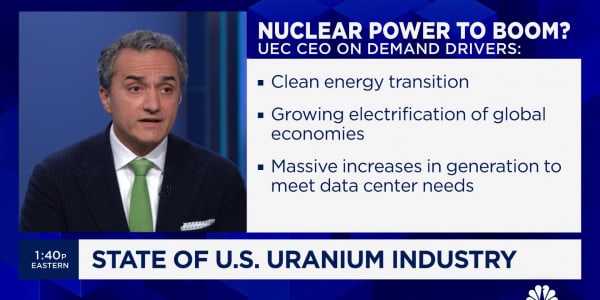New York soon will no longer be the financial capital of the world thanks to a hostile government that has served up a menu of punitive regulations aimed at driving big banks out of the country, says analyst Dick Bove.
In his latest broadside against the post-crisis regulatory environment, Bove asserts that a recent spate of layoffs, particularly by Goldman Sachs, is just the latest sign that large financial institutions will have to take their operations overseas.
The result, he says, will not be good both for New York and the nation.
“The United States has adopted, as part of its core financial policy, the view that big banks are not good for the country, its economy, or its financial system,” the Rochdale Securities analyst writes in an analysis for clients.
“Simply stated, the United States does not want them. A series of rules have been put in place to assure that these banks are inhibited in both their growth and profit goals.”
Rules governing a variety of fees, capital requirements and trading rules are hammering at Wall Street giants, he says.
Bove points specifically to Bank of America, Citigroup, Goldman Sachs, JPMorgan Chase and Morgan Stanley as institutions that have closed branches, decentralized and otherwise made moves to take their operations abroad.
BNY Mellon, State Street and Northern Trust , meanwhile, have moved transaction centers “outside New York and in many cases outside the United States.”
“The sending of manufacturing to a low cost venue would be in keeping with the strategy of keeping intellectual capital in the United States and manufacturing off shore,” Bove writes. “However, American banks are doing more than this. In fact across the spectrum they are moving jobs overseas whether it is call centers to Bangalore, traders to London, or investment bankers to Hong Kong.”
Bove for months has been bemoaning the new regulatory environment that has emerged since over-leveraged banks took down the financial system after the collapse of the subprime mortgage market.
With memories fresh of the havoc wreaked by Bear Stearns, Lehman Brothers, AIG, Fannie Mae, Countrywide Financial and others, big banks may not make a very sympathetic victim.
Indeed, regulators both in the US and on the global stage have taken aim at large financial institutions through measures such as the Dodd-Frank financial reform bill and the Basel III regulations that make banks carry more capital, cut fees and otherwise revamp banking as we know it.
In the wake of shrinking trading revenues—which were blamed in the Goldman layoffs—and an “unfavorable” rate climate, Keefe, Bruyette & Woods took down its earnings estimates and price targets for the biggest of the big.
KBW lowered second-quarter earnings for Citi, Goldman , JPMorgan and Morgan Stanley —in Goldman’s case, slashing expectations from $3.85 a share to $2.15. The firm also lowered price targets for the four firms, including a cut for Goldman from $210 to $190.
“We believe that a meaningful portion of the group’s underperformance versus the S&P may be driven less by macroeconomic factors and more by regulatory factors,” KBW wrote in a note to clients. “Specifically, concerns regarding the capital requirements relative to systemic buffers have certainly caused volatility in the stocks.”
In the current climate, Bove says the worst may be yet to come.
“Money, intellectual capital, and manufacturing in the financial industry are steadily moving away from the United States,” he writes. “The challenge to this country is to create competitive advantages to do business here as opposed to somewhere else or New York will lose its position as the world’s financial capital just as London did.”
At a time when the government faces the pernicious costs of financing its debt, which would be exacerbated by a rise in rates, Bove worries that the banks have become too convenient a punching bag.
“Should another city with more cash, intellectual capital, and manufacturing capacity assume New York’s role in the global financial markets one likely result would be a higher cost of funding the national debt,” he writes. “However, this is also not likely to be understood or believed by those committed to breaking the big American banks.”
____________________________________________
Questions? Comments? Email us at
Follow Jeff @ twitter.com/JeffCoxCNBCcom
Follow NetNet on Twitter @ twitter.com/CNBCnetnet
Facebook us @ www.facebook.com/NetNetCNBC






